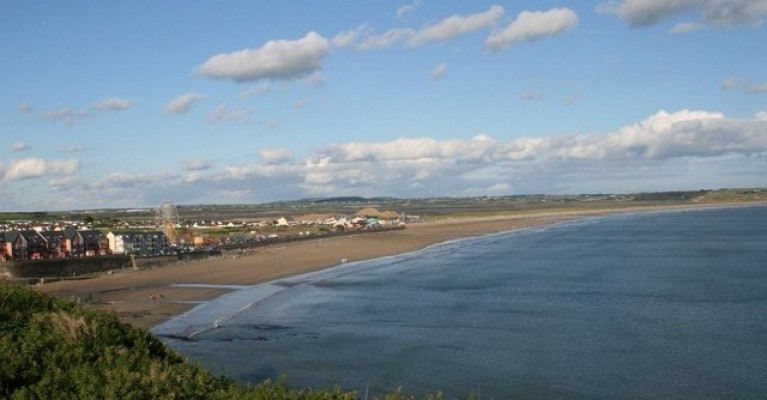Displaying items by tag: Tramore RNLI
Tramore Lifeboat RNLI Rescue Child Swept Out to Sea
Tramore Lifeboat RNLI was tasked yesterday afternoon to the aid of a child who was swept out to sea.
It is the fifth call out this year for the Tramore crew, three of which have involved sea swimmers.
The lifeboat worked alongside Tramore Coastguard and Rescue 117.
The crew quickly located and rescued the boy and returned him to the Pier at Tramore.
The child was handed over to the care of Waterford Ambulance and later discharged from the hospital.
The D class lifeboat was helmed by David McGrath and crewed by Noirin Phelan and Will Palmer.
Tramore RNLI's Fergal McGrath told Afloat:
- Please be cautious when swimming at this time of year.
- Please swim parallel to shore and within your limits.
- Ensure an adult is supervising children in the water.
- Be aware of shifting sands and levels on the beach.
- Talk to your family about water safety.
- If you think someone is in difficulty in the water please dial 999 and ask for the Coastguard. Every second counts.
Jet Ski Engine Problems Leads to Tramore RNLI Call Out
Tramore RNLI Lifeboat in County Waterford was launched to assist jet-skiers in difficulty yesterday.
The RNLI were alerted to the incident after a member of the public contacted the emergency services.
The lifeboat was launched at 14:39 and proceeded across Tramore bay to the Rinnashark channel.
On arrival, the crew discovered the jet-skiers had managed to return to shore following a problem with their engine.
The crew met with the owner of the jetski on Saleens and confirmed they were safe and in no need of medical attention.
The RNLI wish to remind everyone to check their equipment before they put to sea.





























































